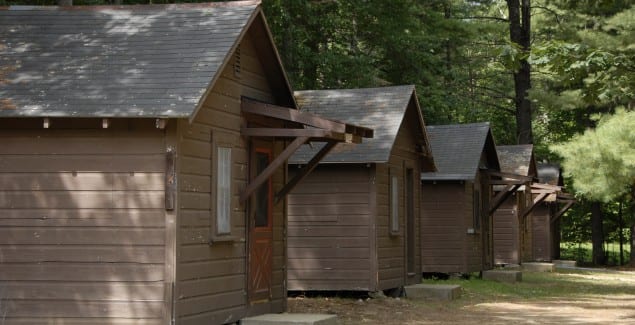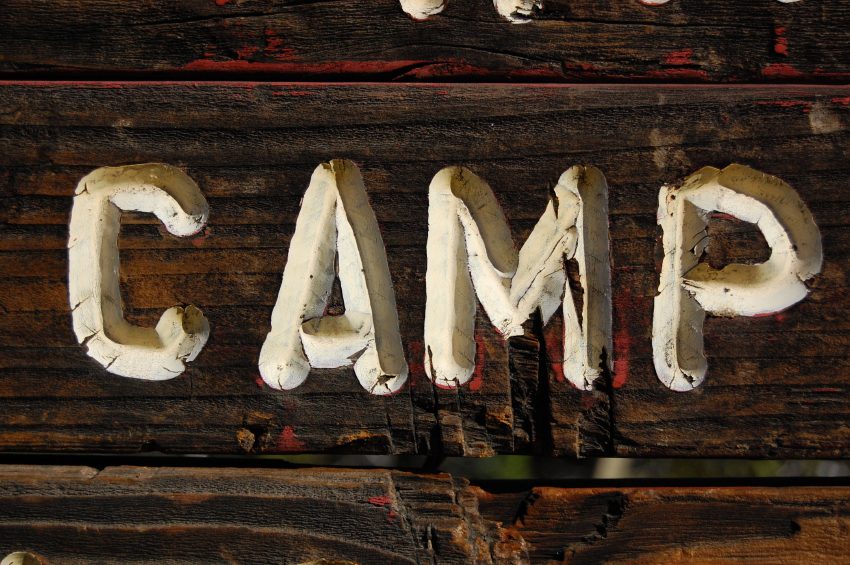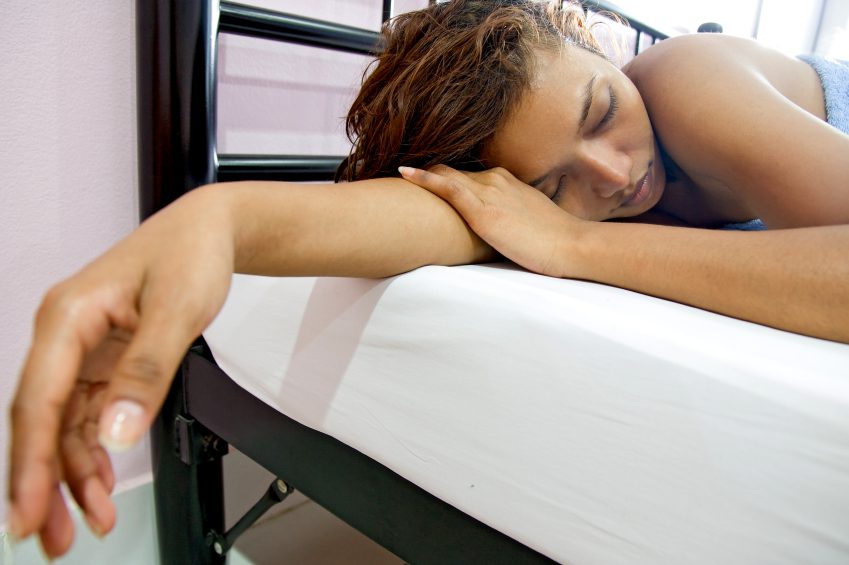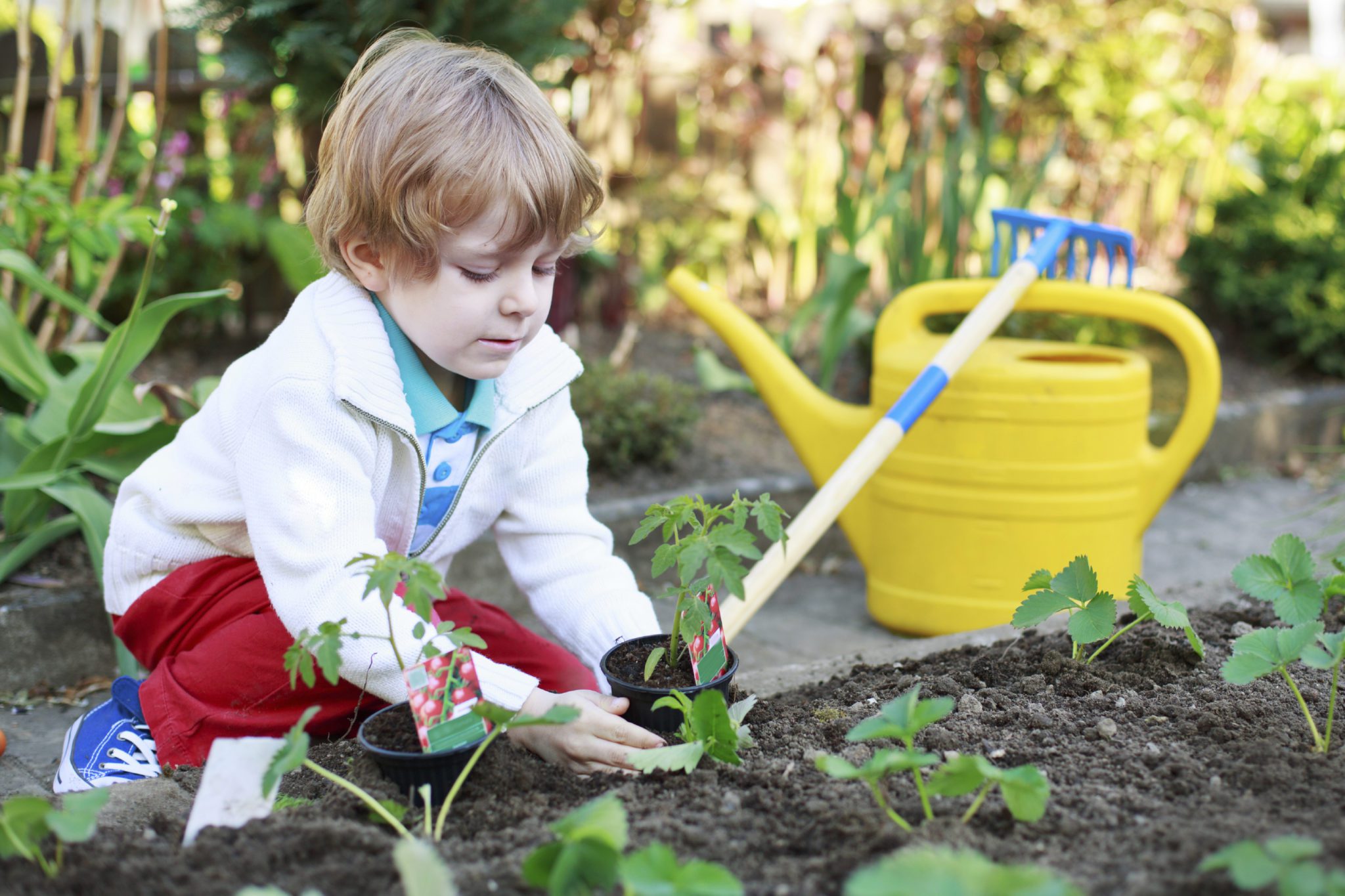Surviving Summer Camp

Posted in: Grade School, Hot Topics, You & Your Family
Topics: Healthy Living
Summer is here, and if you’ve decided to send your child to summer camp, you may be experiencing a range of emotions and wondering how best to make this a good experience for your little one. It’s perfectly normal for first-time campers—and their parents—to experience some anxiety as camp gets closer and closer. We expect homesickness from our children who are away at camp, but the fact that you might miss your child while he or she is gone could catch you by surprise. At the same time, there is probably a certain level of excitement (and there should be), as the whole point of summer camp is for your child to have fun, learn to be independent and build long-lasting skills and friendships.
Homesickness is what most parents and kids worry about, and for good reason, as the American Camp Association found that 83% of kids who attend sleep-away camp experience at least a bit of homesickness. In other words, it’s not just normal, it’s to be expected. Given that, what can you do to help your child beat homesickness at camp? Some good guidelines include the following:
- Practice independence before camp starts. Make sure your child has overnight visits throughout the year with friends and family.
- Communicate in whatever way the camp allows you to. Some camps only allow letters, while others allow faxes and packages. Some (though not most) allow phone calls. Follow the guidelines outlined by the camp, and communicate frequently. While it’s great to say you miss him or her, don’t go overboard by saying, “Your little brother is lost without you,” or even worse, “We’re having a ball here without you!” Stay positive, and assure that everything is fine at home.
- If you send packages, send things that can be shared with others. Games that can be played with others are great choices; sending enough cookies for the entire cabin is always a way to make your child feel connected.
- Before and during camp, express confidence in your child’s ability to attend camp and have fun.
- Let your child know that if he or she is having trouble, there are great counselors available to help. Don’t tell your child that you will pick him or her up if he or she doesn’t like camp. Most kids have an afternoon or two where they don’t like camp, and you don’t want to give your child the impression that staying is negotiable.
- If your child is having significant problems, however, be sure to speak with the camp administrators to determine the best course of action.
In addition to homesickness, there are a few other things to consider. First, if your child is going with a friend, it’s a good idea to take them together so that you don’t arrive an hour later than your child’s friend only to find that he or she has already made other friends. Second, keep your goodbyes short and sweet. Don’t get dramatic, and try not to cry. Let your child know how much you love him or her, how exciting camp will be, and how you can’t wait to hear about all of the wonderful things he or she has done. Lastly, don’t make a ton of changes while your child is gone. I remember going away to camp one year, and coming back to completely new living room furniture. It was disconcerting. So, don’t get rid of the dog, redo your child’s room, or adopt a new pet. Let your child know that when he or she gets back, everything will be the same.
If your child has special needs, you should put some time into thinking through your child’s particular issues, which may include things like:
- Medication. Check on how medication is stored and dispensed, and make sure you feel comfortable with the arrangement. Though parents are sometimes tempted to take their kids off medication during camp, unless your child has done well without medication in similar situations, it’s best to continue course. In any case, follow your doctor’s suggestions regarding this issue.
- Allergies. If your child has allergies, make sure all of his or her counselors are aware, and ask them how they handle kids with allergies.
- Behavior problems should be discussed ahead of time with camp staff. While parents often want their children to start camp with a “clean slate,” it’s usually helpful to share any potential problems, as well as possible solutions, like special incentives or time alone away from the group.
- If your child has a routine that would help him or her adjust to camp, let the counselors know. For example, does he or she like reading before bed or listening to music before falling asleep? If so—and if it’s allowed by camp rules— it might help him or her feel more comfortable.
Above all, remember that the whole point of this is to have FUN. An added benefit is that you might have some time to yourself as well, so do something fun for yourself while your child is gone. One day he or she will be leaving home for good; this experience gives you the opportunity to “taste” how it will eventually feel when your child leaves home. Therefore, take advantage of your time alone—after all, your child will be back from camp soon enough, and you’ll be left wondering what you did with all that free time you had!
Was this post helpful?
Newsletter
Subscribe Today
Your monthly dose of the latest mental health tips and advice from the expert team at The Clay Center.
SubscribeMultimedia
Quick Jumps
Tag Cloud
-
addiction
ADHD
adolescents
anorexia
anxiety
autism
behavior
CBT
child development
children
college
communication
covid-19
depression
digital media
dyslexia
eating disorder
evaluation
family
fear
healthy development
learning
learning disabilities
learning disability
mental health
mental illness
parenting
parents
Podcast
PTSD
relationships
resilience
school
shrinking it down
social media
stigma
stress
suicide
technology
teenagers
teens
therapy
trauma
treatment
violence

 Share
Share Tweet
Tweet





